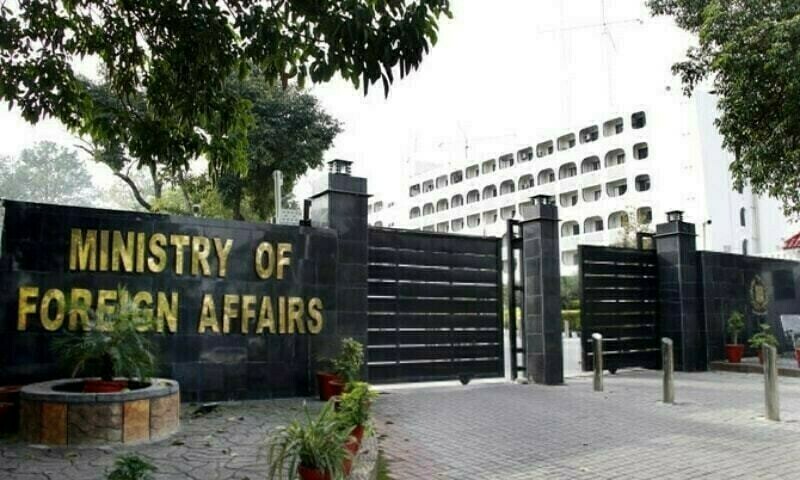Pakistan Urges India to Resume Functioning of Indus Water Treaty After Hague Court’s Supplemental Award
In a significant development, Pakistan has called upon India to resume the functioning of the Indus Water Treaty (IWT) after the Hague Court’s supplemental award, aiming to ease tensions and promote cooperation between the two nations. The IWT, signed in 1960, is a water-sharing agreement between Pakistan and India that has been a cornerstone of their relationship.
A New Chapter in Indo-Pak Relations?
The Hague Court’s supplemental award has provided a glimmer of hope for the resumption of talks between the two countries. Pakistan’s Commissioner for Indus Waters, Syed Muhammad Mehar Ali Shah, emphasized the importance of implementing the treaty, stating, “The Indus Water Treaty is a vital agreement that has been in place for over six decades, and its implementation is crucial for the socio-economic development of both countries.” Shah urged India to respect the treaty and resume negotiations to resolve outstanding issues.
Background and Significance
The Indus Water Treaty has been a subject of contention between Pakistan and India, with both countries having differing interpretations of the agreement. The treaty allocates the waters of the Indus River and its tributaries between the two nations, with Pakistan receiving approximately 80% of the total water allocation. However, India’s construction of hydroelectric projects on the Chenab River has raised concerns in Pakistan, which claims that these projects violate the treaty.
Expert Insights
According to Dr. Shahid Ahmad, a water resources expert, “The Indus Water Treaty is a complex agreement that requires careful implementation and cooperation between the two countries. The Hague Court’s supplemental award provides an opportunity for Pakistan and India to re-engage and find mutually beneficial solutions.” Dr. Ahmad emphasized that the treaty’s success depends on the willingness of both countries to work together and address each other’s concerns.
Impact on Communities and Industries
The resumption of the IWT’s functioning is expected to have a significant impact on the communities and industries dependent on the Indus River. Pakistan’s agricultural sector, which accounts for approximately 20% of the country’s GDP, is heavily reliant on the Indus River’s water. Similarly, India’s hydroelectric projects on the Chenab River are crucial for the country’s energy needs. According to a report by the World Bank, the Indus Water Treaty has the potential to increase economic benefits for both countries by up to $3 billion annually.
Statistics and Data
The Indus River is the lifeline of Pakistan, providing water to over 90% of the country’s agricultural land.
The treaty allocates 80% of the Indus River’s water to Pakistan and 20% to India.
The Chenab River, a tributary of the Indus River, has a total hydroelectric potential of 13,000 MW.
The World Bank estimates that the Indus Water Treaty has the potential to increase economic benefits for both countries by up to $3 billion annually.
A Way Forward
As Pakistan and India look to resume talks on the Indus Water Treaty, there is a sense of optimism that the two countries can find common ground. According to Syed Muhammad Mehar Ali Shah, “The Hague Court’s supplemental award provides a unique opportunity for Pakistan and India to re-engage and find mutually beneficial solutions. We hope that India will respect the treaty and work with us to resolve outstanding issues.” As the two nations move forward, it is essential that they prioritize cooperation and dialogue to ensure the successful implementation of the Indus Water Treaty.


